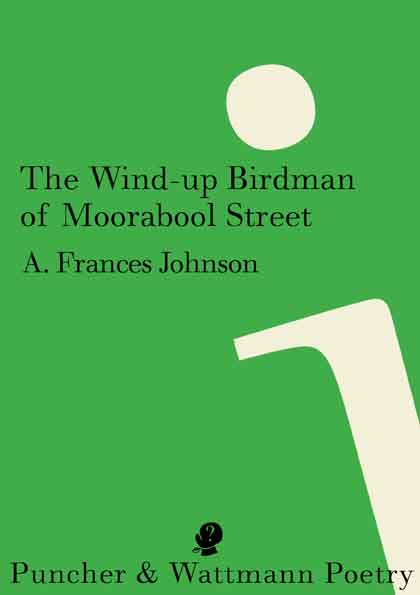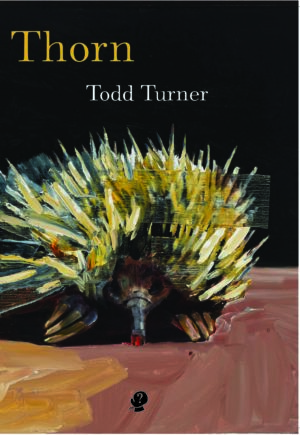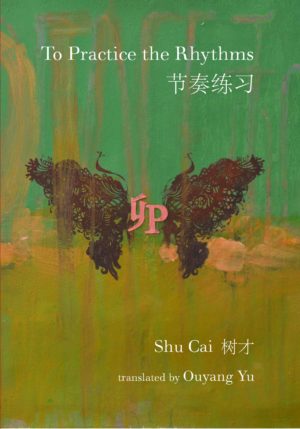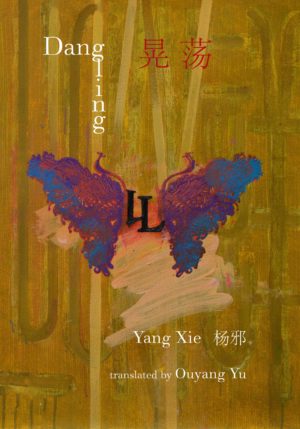Product Description
In this stunning, visionary collection, A. Frances Johnson offers cautionary threnodies that muse on environment and the endurance of theme park notions of the natural, in spheres poetic and beyond. This is a richly varied collection: among moving lyrics of loss are dystopian visions, such as the last living bird with its wings and vocal chords sludged by the oily depredations of Exxon Valdez, hummingbird drones indiscriminately raiding and killing, and hybrid bird-humans blurring the boundaries between nature and culture to survive.
‘This extraordinary book ranges from the “the torturer’s salon” to “the idea of peace”, from spy drones to The Little Prince. While A. Frances Johnson brilliantly exposes the dangerous world of politics, colonialism (past and present) and warmongering, she also renders the warm spaces of love and domesticity with clear-eyed power. The collection’s numerous birds, such as “the last bird”, “the birds that cried wolf”, and the eponymous wind-up birdman of Moorabool Street, all stand for Johnson’s extraordinary inventiveness and originality. No-one, in the long history of the Australian “bird poem”, has written about birds like this. Johnson’s poetry is metaphorically rich, sharp as a pin, funny, and emotionally devastating. It demands attention.’
— David McCooey
A. Frances Johnson is a writer and painter living on the Bellarine Peninsula, and a lecturer at the University of Melbourne. Her paintings have been exhibited in Australia and overseas, and her poetry has appeared in many anthologies including Motherlode: Australian Women’s Poetry 1986-2008 and Best Australian Poems 2009, 2010 and 2011. Her compelling 2007 novel Eugene’s Falls retraces the wilderness journeys of colonial painter Eugene von Guerard. Her poetry collection The Pallbearer’s Garden was published in 2008.
REVIEWS
“The poetic consciousness that lies behind The Wind-up Birdman of Moorabool Street is a complex one and shuttles between the personal and the macro. It isn’t at any level a simple or simplifying book and rarely falls into gesture instead wanting to understand the immensely complicated mechanisms that underlie pasts, presents and futures especially when the futures seem so bleak. At heart I think the perspective is an ethical one: what part do we have in this and how can we make amends – does “making amends” have any meaning? But there is also a poetic component in that so many of the poems concern themselves with the question of how poetry is engaged with these processes and how it might address them. As a result this is a complex book, intricate like the mechanical birds which figure so largely in it, and one which is challenging in the best sense.” MARTIN DUWELL, Australian Poetry Review
“The title of a poetry collection can suggest so much to the reader; the Table of Contents too. A. Frances Johnson’s The Wind-up Birdman of Moorabool Street is a recent example of the thought and care a poet can invest, indicating directions and connections she would like readers to explore, before the opening poem.” SUSIE UTTING, TEXT





